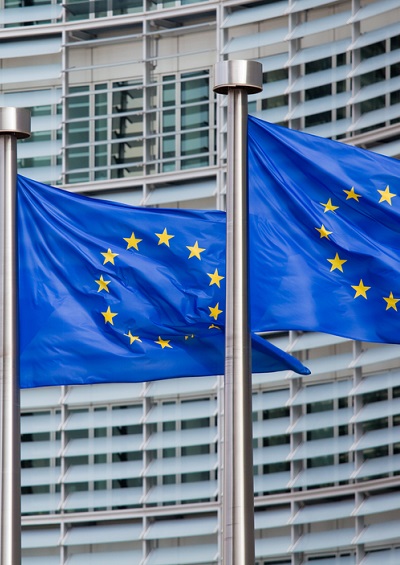Mr. Tusk and Europe’s New Leadership
The effect may be to tilt Poland to the right creating a UK-Polish spoiler alliance in the EU.
September 1, 2014

And so it is that Donald Tusk, until now the Polish Prime Minister, is going to become the President of the European Council.
A favorite of Germany’s Angela Merkel, Mr. Tusk speaks Polish and Kashubian, the dialect of the small region of Kashubia near Gdansk. It is known as a region where peasant farmers drive hard bargains and the local Uklad (cabal) of local dignatories in town halls, judiciary, police and media keep power firmly in their own hands.
Tusk’s Civic Platform, the majority party of Poland’s government, has been reasonably successful. He managed to nationalize the pension system, but corruption remains a real problem.
The net effect of the past decade’s mass emigration of two million Poles was to hold down unemployment figures. Remittances from richer welfare states in Western Europe have further helped the Polish economy.
In 2010, I shared a platform with Tusk at the high-powered Krynica conference, held each September at the Carpathian resort, which is now the Davos of Eastern Europe. The Polish prime minister said then that Poland would soon join the euro.
However, his finance minister, the Polish and British economist Jacek Rostowski had other plans. He hung on to the zloty. Its low value has allowed Poland both to export and to keep up the flow of industrial investment from Germany.
Tusk has solid experience at the Brussels negotiating tables. It could therefore be said that he speaks “European,” but neither of the two official languages (English and French) of the EU. Tusk does speak good German, though he has avoided that given his roots in the hinterland near Gdansk.
Tusk has told President Hollande that he will spend his first months learning French and English. Anyone who has tried to achieve working fluency in a foreign language from scratch will know it is easier to promise this in language school advertisements than to achieve it while holding a top job in Brussels.
Method to the madness
Don’t despair, though. In all likelihood, there is method to the madness. Having an EU president who cannot yet speak either one of the two major EU languages will leave ever more power in the hands of national EU leaders. That seems to suit most of them.
The selection of Tusk is incongruous for other reasons. He is a big defender of brown coal, the highly polluting lignite, which Poland depends on for energy. That certainly puts him out of touch with all the renewables-oriented priorities of the EU.
In the end, it was not just Mrs. Merkel who backed Tusk. David Cameron, the British prime minister, did so as well, for his own partisan reasons. With Tusk in Brussels, Cameron’s main European friend, the head of the Eurosceptic PiS (Law and Justice) party in Poland, Jaroslaw Kaczynski, now looks more likely than ever certain to win power in 2015.
If Cameron manages to keep power next year in the British elections as well, then a true “spoiler axis” may be in place in Europe. The northwestern and eastern ends of Europe will be in the hands of Eurosceptic prime ministers.
There had been fears that Federica Mogherini, now selected to succeed Catherine Ashton as the EU’s new foreign policy supremo, would be too soft on Putin. After all, Italy, whether under Silvio Berlusconi or Matteo Renzi, never challenges the Kremlin. But with Poland’s Donald Tusk in place and given his clearer understanding of what Putinismo means, Mogherini is likely to divert her attention to other world problems that concern the EU.
It may come in handy that her master’s thesis was about religion and politics in modern societies. With the rise of Islamist ideology now taking an extreme turn in Iraq, Mogherini may devote her five years in office to tackle the growth of Salifist and Islamist ideology.
Another EU disappointment
When the Lisbon Treaty, concluded in 2007, brought into being the new posts in Europe of president or foreign policy chief, the hope was that this would help create a more political Europe, alongside single market economic Europe.
These hopes have come to naught. Europe now operates in a centrifugal mode, with national leaders effectively displacing the Commission and its decision-making powers. While people were polite to Herman Van Rompuy and Catherine Ashton, they were not really interested in their existence.
There is no evidence or even prospect that Tusk and Mogherini will be able to change that. Another opportunity lost.
Takeaways
Tusk has experience at the Brussels negotiating tables. He speaks “European,” if not any major European language.
An EU president who cannot speak English or French leaves more power in the hands of national EU leaders.
Tusk is a defender of brown coal, which puts him out of touch with the renewables-oriented priorities of the EU.
Read previous

Water as the Oil of the 21st Century
August 31, 2014
